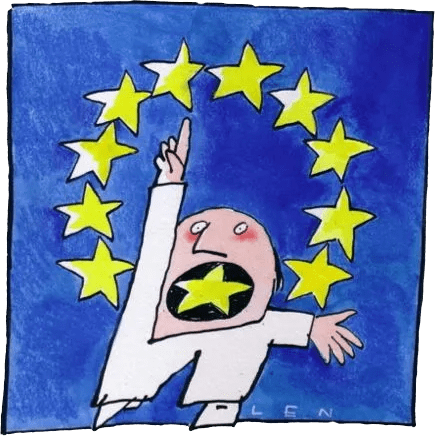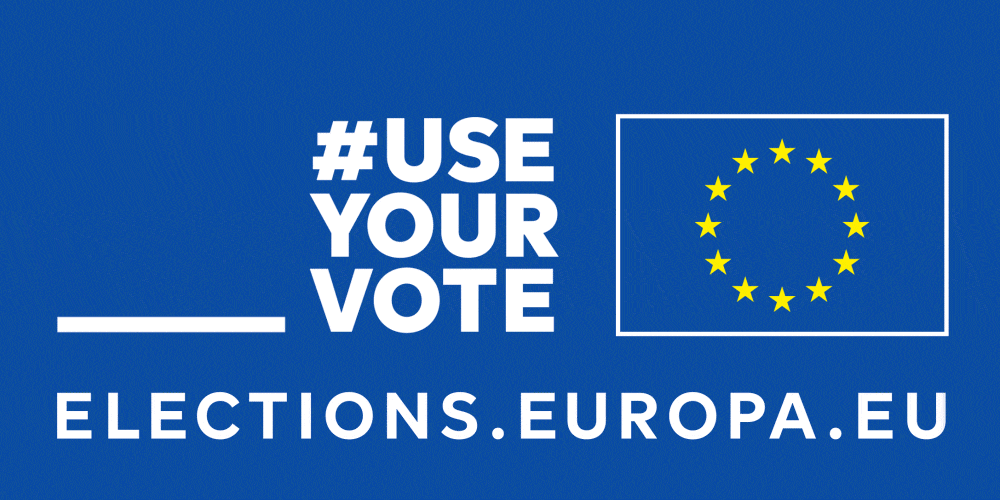
Ahead of the European Parliament elections on 6-9 June 2024, EU political parties have published their election manifestos and programmes. While the number and level of concreteness of their demands – as expressed in these documents – depend on the willingness of their member parties to take in common stances, some have chosen to speak out explicitly on the ECI: the European Greens, European Free Alliance and Volt all call for ECI reforms aimed at strengthening the instrument. DiEM25 calls for the ECI to be replaced by a pan-European Citizens’ Assembly. The other EU political parties do not mention the ECI in their pan-European election documents. This article presents an overview of the positions of EU political parties which have addressed the ECI in their 2024 electoral documents, and contrasts them with their stances from five years ago.
European Greens
“The framework for petitions and specifically the European Citizens Initiative must be strengthened to open more channels for citizens to influence EU policy and oblige the European institutions to respond with legislative proposals. A framework for EU-wide referenda should be introduced.”
Courage to Change: Manifesto 2024 (p. 27)
Compared with their 2019 manifesto, the European Greens have expressed stronger demands with regard to the follow-up on successful ECIs, not merely calling for the “rules [to] be enhanced so that initiatives get a response and lead to concrete action”, but explicitly stating that “the European institutions [should] respond with legislative proposals.” However, the 2019 demand that “citizens [are to be allowed] to propose reforming the EU treaties” has disappeared from their 2024 manifesto.
European Free Alliance
“There are already some instruments that citizens can use to address their concerns directly to the EU – but they are flawed. The European Citizens’ Initiative (ECI), for example, is a tool that allows citizens to submit a petition for a legislative proposal if they receive one million signatures. However, in many cases the Commission has failed to effectively follow up. For example, the refusal of the Commission to act upon the Minority SafePack Initiative, despite calls from 3/4 of the European Parliament, several national and regional parliaments and governments, is problematic from a democratic point of view. The ECI must be reformed to deliver on its promise, and the Commission should have to make a legislative proposal as a result.”
Electoral manifesto 2024: A Europe for All (p. 5)
While EFA called for the ECI to be “radically improved” in its 2019 manifesto, its 2024 manifesto makes more concrete demands, calling for the Commission to respond to successful ECIs by making a legislative proposal, as also called for by the European Greens.
Volt
“Reform of the European Citizens’ Initiative (ECIs), empowering citizens to initiate policy, by lowering the number of signatures required from one million to 500,000 and improving the online signature collection. All ECIs that pass this threshold must be deliberated in Parliament. [..] The role of the European Parliament must change from merely co-deciding laws to initiating new legislation – a power that would be shared with the Senate, the EU Citizens via the European Citizens’ Initiative (ECI) and the European Government.”
Electoral Moonshot Programme: 2024-29 Policy Acts (pp. 96, 85)
In the supporting document of its 2019 electoral programme, Volt addressed some of the shortcomings of the ECI, and expressed its support for the European Parliament to debate and vote on every successful ECI. Its 2024 programme is slightly more ambiguous on the question of follow-up on successful ECIs: while Volt once again calls for the European Parliament to deliberate on successful ECIs – a practice which is currently already institutionalised through Rule 222(8) of the EP Rules of Procedure – the demand for an EP vote is no longer mentioned. At the same time, Volt speaks about the (foreseen reformed) ECI as a tool to empower “citizens to initiate policy” – which currently is a prerogative of the EU Commission. What it would mean concretely for the ECI to be treated as a “right to initiate legislation” is not specified. On one interpretation, it would mean for successful ECIs to be addressed at the European Parliament instead of the Commission, which then in turn decides whether to initiate legislation or not (using its foreseen right of initiative, which is currently precluded by the EU treaties). However, citizens’ power through the ECI would not amount to a full right of initiative in this case.
DiEM25/MERA25
“Even the European Citizens’ Initiative (ECI) is a mere rehash of a feudal concept. Collecting millions of signatures to only have the Commission ‘consider it’ is a continuation of the power of the few over the many – the oligarchy. [..] At the European level, we will begin by replacing the ineffective ECI with a pan-European Citizens Assembly, drawn by sortition across the continent. This body will deliberate on critical public issues and propose legislation to the European Parliament towards its realisation.”
What we are fighting for: 2024 European elections (p. 2)
Back in 2019, DiEM25 participated in the European elections through the European Spring coalition. In its associated programme, it indicated wanting to “improve the European citizen’s initiative (ECI). We will lower the number of required supporters, and we will revoke the Commission’s right to dismiss ECIs at will.” For the 2024 elections, DiEM25 has decided to participate in the European elections only with its own national political parties, also referred to as ‘electoral wings’, which go by the name of MERA25. In its 2024 electoral document, DiEM25/MERA25 take in a decisively different stance as compared with the 2019 European Spring programme. No longer calling for the ECI to be improved, it now calls for the instrument to be replaced with a pan-European Citizens Assembly.

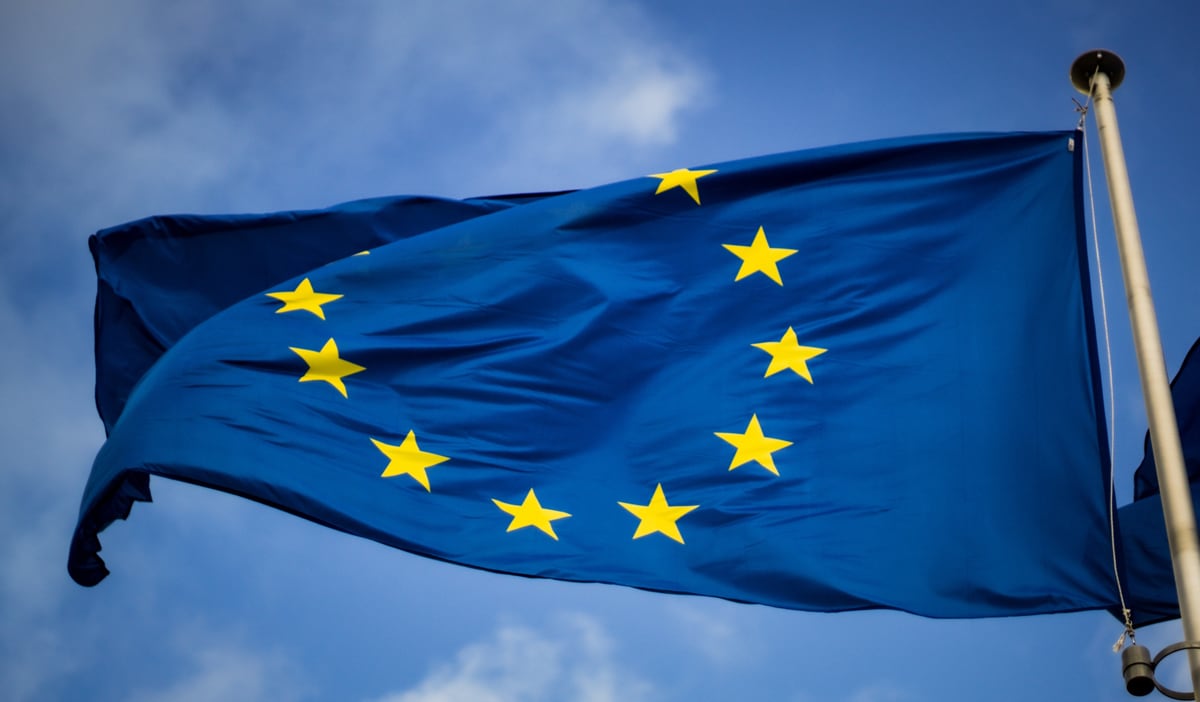
ECI for the Rights of Nature: A Chance for Democracy and Environmental Protection


EU Court’s Decision to Limit NGOs in Cage-Free Case Raises Concerns Over Democracy and ECI Integrity
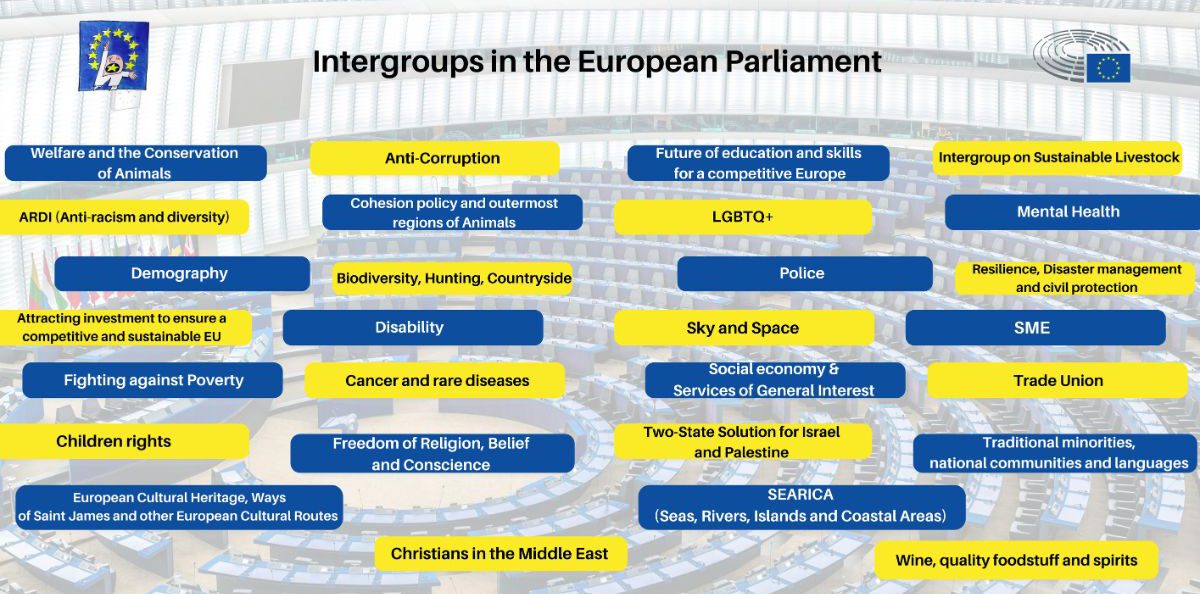

A Platform on the Future of Democracy in the European Parliament – Next Steps
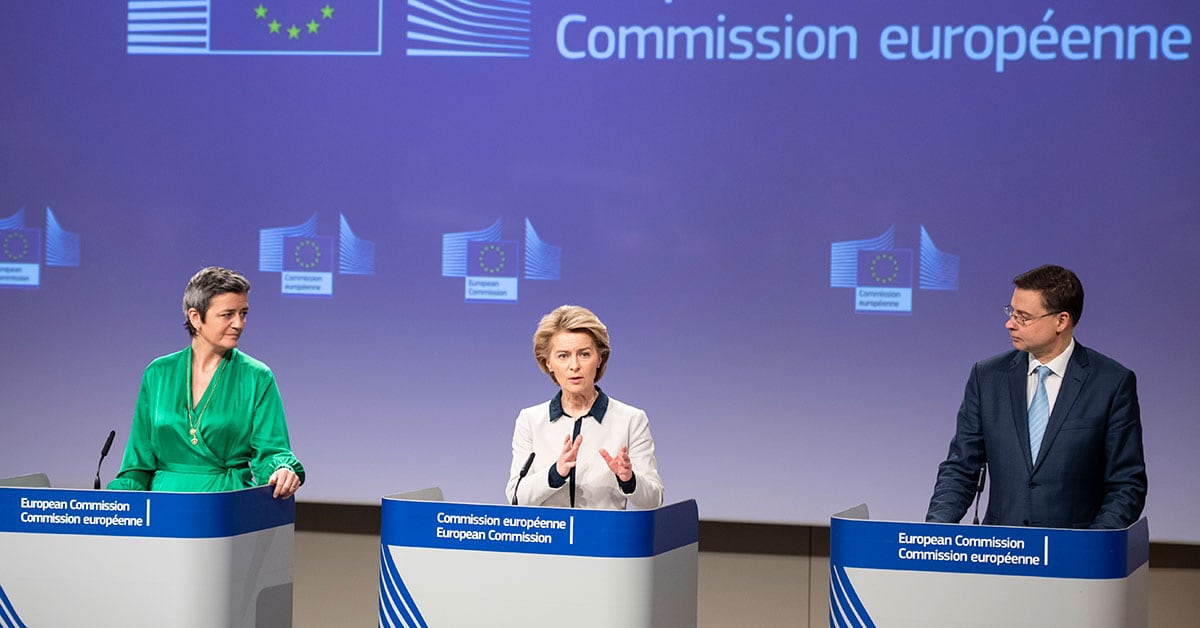

New EU Commission does not bode well for democracy and the ECI


The ECI Campaign joins End the Cage Age legal action


